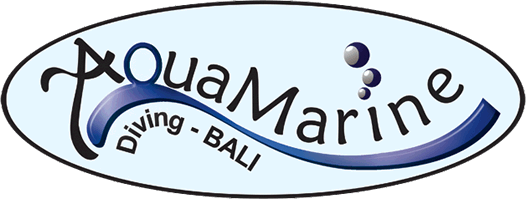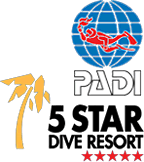The Vital Role of Algae in Ocean Ecosystems and Climate Regulation
by Fahmi, AMD-B’s 2024 Divemaster Internship
The Innovative Approach to Coral Reef Restoration
When we think about ocean life, algae might not be the first thing that comes to mind. However, the vital role of algae in maintaining the health of our oceans and the planet as a whole cannot be overstated. As a responsible diver or ocean enthusiast, it is essential to understand how algae contribute to marine ecosystems and climate regulation.
Algae are the foundation of the oceanic food chain. Phytoplankton, a type of microscopic algae, are primary producers, meaning they use photosynthesis to convert sunlight into energy. This process supports a wide array of marine life, from tiny zooplankton to large fish and whales.
Algae are also critical in regulating the Earth’s climate. Through photosynthesis, algae absorb carbon dioxide (CO2) from the atmosphere and release oxygen. In fact, it is estimated that marine algae produce up to 50% of the oxygen we breathe. By sequestering CO2, algae help mitigate the greenhouse effect and combat global warming.
While algae are beneficial, not all algal growth is good. Harmful algal blooms (HABs) occur when algae grow excessively and produce toxins that can harm marinelife, humans, and coastal economies. These blooms are often triggered by nutrient pollution from agricultural run-off, wastewater, and other human activities. It is crucial to manage these nutrient sources to prevent HABs and protect ocean health.

Algae and Ocean Health in Bali
Bali, renowned for its stunning beaches and vibrant marinelife, is home to diverse algae species that are vital to its ocean ecosystems. The island’s coral reefs and seagrass beds provide an ideal environment for various types of algae, which support local fisheries and tourism. For instance, Nusa Lembongan, an island just off the south-east coast of Bali, is famous for its seaweed farming, highlighting the local community’s reliance on algae for their livelihood.
Diving in Bali offers a unique opportunity to witness the incredible biodiversity supported by algae. Sites like the Blue Lagoon in Padangbai and the coral gardens of Menjangan Island showcase the symbiotic relationships between algae and marine creatures. However, Bali also faces challenges such as nutrient pollution and climate change, which can impact the health of its marine algae.

Supporting Algae and Ocean Health
As individuals, we can take several steps to support the health of algae and the broader marine environment, especially when visiting places like Bali:
Reduce Nutrient Pollution: Minimize the use of fertilizers and pesticides in your garden. Support policies and practices that reduce agricultural run-off and improve wastewater treatment.
Choose Eco-friendly Accommodations: Stay at resorts and hotels in Bali that practise sustainable waste management and support local conservation efforts.
Support Marine Protected Areas: MPAs help safeguard critical habitats, including those where algae thrive. Advocate for the expansion and enforcement of these protected areas in Bali.
Educate Others: Raise awareness about the vital role of algae and the threats they face. Share information with friends, family, and your community.
Participate in Citizen Science: Engage in citizen science projects that monitor water quality and algal health. Your observations can contribute valuable data to researchers and conservation efforts.
Join Beach Clean-ups: Participate in local beach clean-ups to reduce the amount of waste entering the ocean.
The health of our oceans is connected to our own well-being. Let’s work together to protect the vital role of algae in maintaining a balanced and thriving marine environment. In Bali, where the ocean is both a livelihood and a treasure, preserving marine algae is especially crucial for sustaining local communities and the natural beauty that attracts visitors from around the world.








